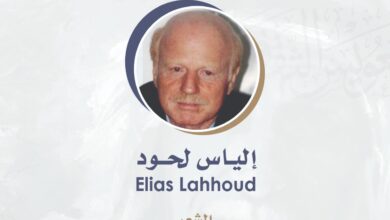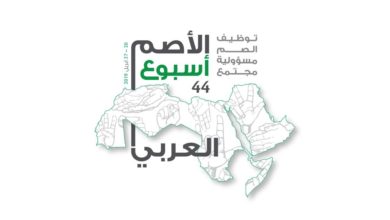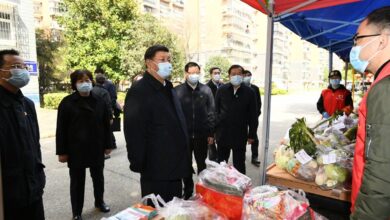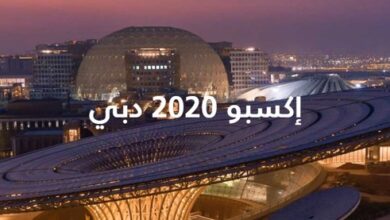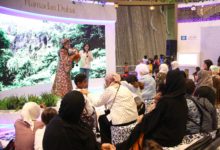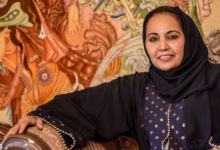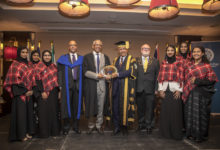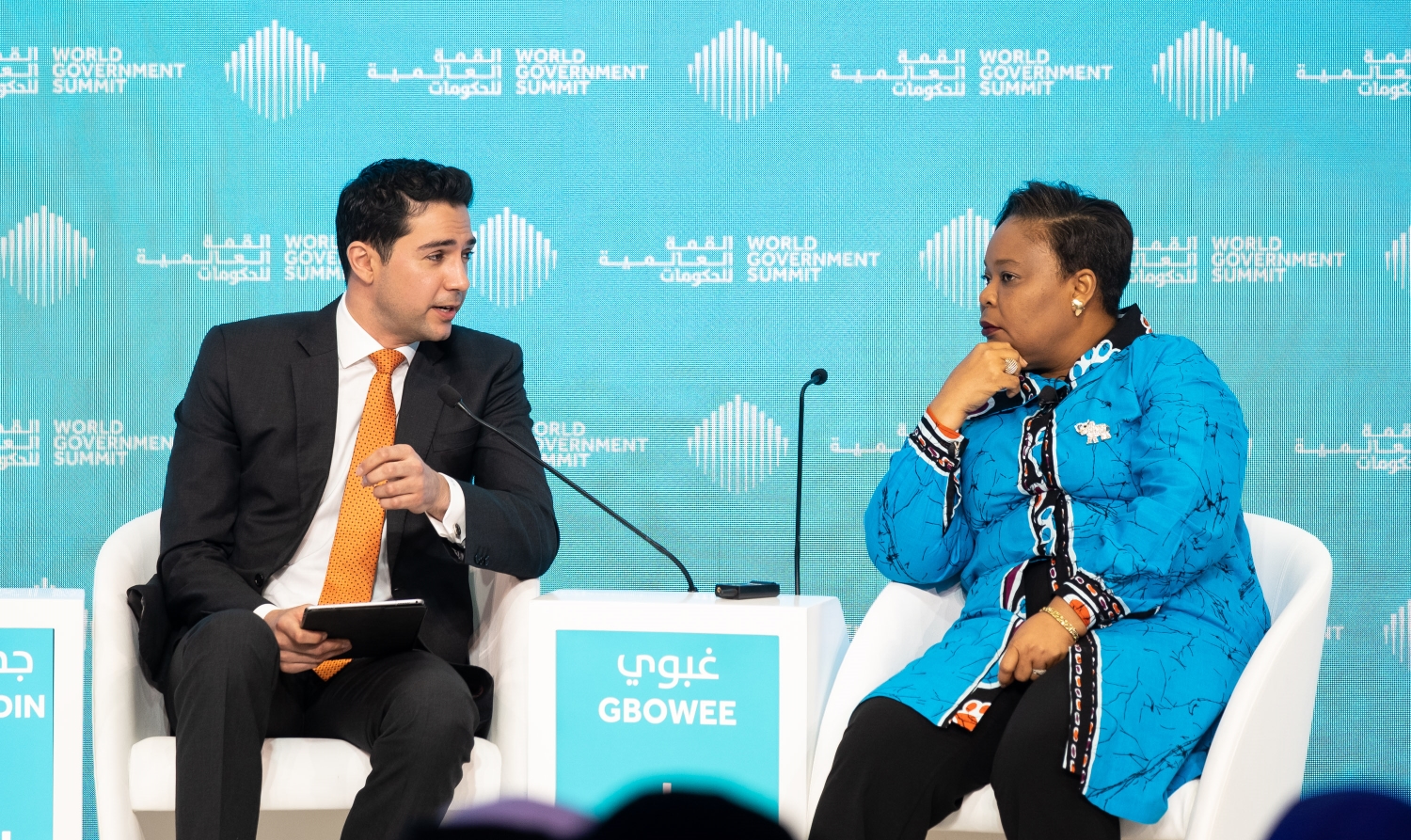
WGS 2019: Two Nobel Peace Winners Highlight Different Routes to Conflict Resolution
Former President of Colombia, Juan Manuel Santos narrates peace efforts that won him Nobel Peace Prize in 2016
There cannot be conflict resolution if women are not at the table, says Liberian Activist Leymah Roberta Gbowee
Dubai-UAE
Sallam Sallam
– When it comes to the discussion of conflict resolution – nothing can be more powerful than the testimony of Nobel Peace Prize Winning Laureates and their stories of how a nation can transition from conflict to peace
The first day of the World Government Summit 2019 celebrated two remarkable activists for peace, Juan Manuel Santos, President of Colombia from 2010 to 2018 and a recipient of the 2016 Nobel Peace Prize for his resolute efforts to bring the country’s 50-year-long civil war to an end and the 2011 Nobel Peace Prize winner, Leymah Roberta Gbowee, a Liberian Peace Activist, trained social worker and women’s rights advocate
Former Colombian President Juan Manuel Santos discussed his approach to ending conflict by brokering talks to get different groups to the negotiating table. He talked about how this helped to effectively end one of the longest civil wars in recent history
“Even though I am often credited for bringing peace to Colombia, I do not believe the process pf bringing peace to any nation can be attributed to a single individual,” said Santos, talking about how the opinion of his supporters and the way public confidence changed when he began formal negotiations with the Revolutionary Armed Forces of Colombia (FARC)
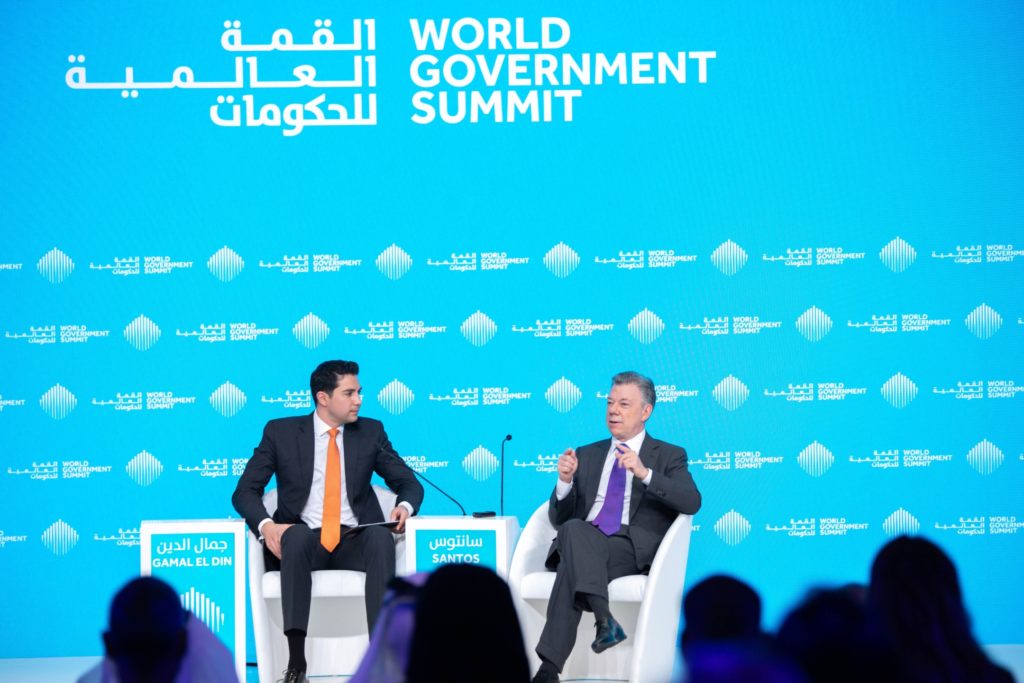
For Santos the drive to bring about peace arose from his understanding that there could be no development, reform and economic prosperity in Colombia unless there was peace. “I also had to learn the toughest lesson that when resolving internal conflict, we cannot perceive the opposition as our enemy. Enemies are meant to be annihilated, but adversaries are meant to be weakened. The day I began treating the FARC as my adversary, rather than the enemy, I could bring them to the table to negotiate,” explained Santos
He was able to go on to realize the dream of many Colombians through the implementation of the peace deal with FARC signed in Cuba in 2016, which ended five decades of conflict and won him the Nobel Peace Prize during his time as President
Meanwhile Gbowee, the Executive Director of the Women, Peace and Security Program at Columbia University’s Earth Institute in New York says that women are too often overlooked in the peace process. She said: “The world needs to realize that women are not toothless bulldogs and there can be no peaceful resolution and nation building without including women at the negotiating table. Excluding women is like seeing the world with one eye”
Having led a women’s peace movement that was decisive in ending the Liberian civil war of 2002, in which over one million people were displaced and over 25,000 people lost their lives, Gbowee continues working with the ‘Women of Liberia Mass Action for Peace’ in the non-violent struggle for the safety of women and women’s rights to participate in peace-building work. Liberia has been free of conflict since, allowing the government and people to focus on post-conflict development efforts. The country now has one of the strictest anti-rape laws in Africa
“During war, the soul of a nation is ripped out and even though the impact ruptures society at large, its first victims are almost certainly women – who are forced, raped and marginalized further. This makes it essential that there are frameworks in place that promote gender equality at all times,” added Gbowee. The activist also asked all men to “give women a chance and your nations will be better for it”
The three-day World Government Summit 2019 runs until February 12 at Madinat Jumeirah in Dubai. The landmark event has convened more than 4,000 participants from 140 countries, including heads of state and governments, as well as top-tier representatives of 30 international organizations

